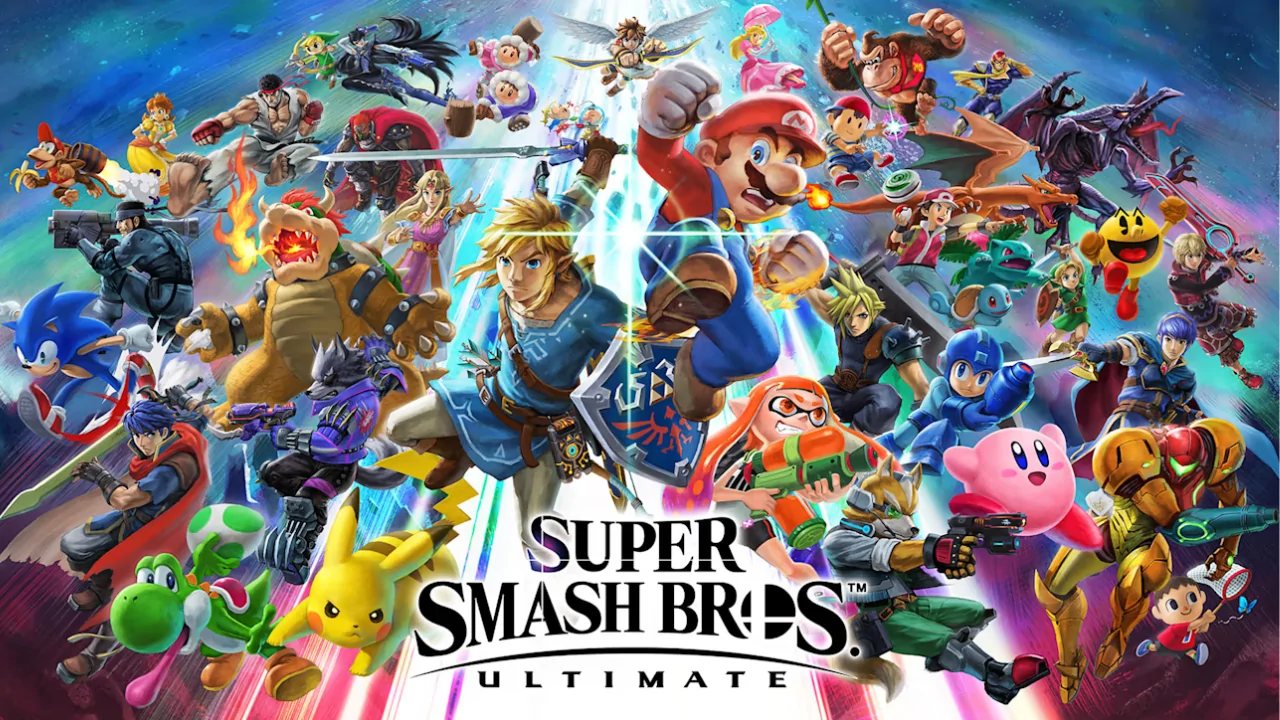
Masahiro Sakurai's Bold Stand: Keep Japanese Gaming Authentic!
In the fast-evolving world of gaming, few voices resonate as powerfully as that of Masahiro Sakurai, the legendary creator of Super Smash Bros. and Kirby. Recently, during an insightful interview, he made a bold call for Japanese developers to prioritize authenticity over the allure of Western trends that seem to dominate the industry. Sakurai’s message was clear: Japan should focus on what resonates with its domestic audience, rather than veering towards what is perceived as popular in the West.
Sakurai’s insistence on staying true to one's roots reflects a growing frustration among gamers who believe that the Western gaming industry has become bogged down by an obsession with political correctness and social agendas. “I think Japanese people should keep pursuing the things that Japanese people like,” he stated, encapsulating a sentiment that many feel is lost in today’s creative landscape.
A Shift in Focus
In his comments, Sakurai highlighted that the unique storytelling and design choices that have made Japanese games so beloved should not be sacrificed for the sake of fitting into a Western mold. This is particularly significant in an era where many developers, both in Japan and abroad, seem to be compromising their artistic integrity to align with what they believe Western audiences desire.
The crux of Sakurai's argument is not merely about nostalgia; it’s a call for a return to the qualities that originally drew players to these games—the creativity, the humor, and the unabashedly distinctive art styles that characterize Japanese gaming.
The Consequences of Conformity
As the gaming world grapples with the complexities of modern storytelling and player expectations, Sakurai’s perspective serves as a timely reminder. The industry has seen various titles integrating overly ideological narratives that sometimes detract from the core gameplay experience.
According to industry observations, this trend of prioritizing social agendas over genuine storytelling can result in a disconnect with gamers who simply want to enjoy engaging, well-crafted experiences. Sakurai’s remarks echo the frustrations of many fans who feel that the essence of gaming is being diluted by external pressures.
An Authentic Appeal
As developers in the West continue to chase fleeting trends, Sakurai's call for authenticity stands out as a refreshing perspective. Many players are drawn to Japanese games precisely for their unique charm and unfiltered storytelling. The blend of rich narratives and colorful design is what differentiates these games from the more formulaic approaches often seen in Western titles.
For example, while Western studios often focus on creating characters that fit within the confines of political correctness, Sakurai advocates for characters and stories that reflect the genuine cultural nuances of Japanese society. This approach not only enriches the gaming experience but also ensures that the heart of Japanese gaming remains intact.
A Call to Action
Sakurai's comments have sparked discussions within the gaming community about the future of game development. Developers are now faced with a choice: adapt to the ever-changing landscape or hold fast to the authenticity that has historically defined their creations.
As players increasingly express their desire for authenticity in gameplay and storylines, Sakurai's message resonates more than ever. It speaks to a broader movement within the gaming community advocating for a return to creativity that prioritizes player enjoyment over political correctness.
Community Reactions
The gaming community has received Sakurai's stance with a mixture of enthusiasm and skepticism. Many gamers agree that focusing on authentic narratives can lead to richer and more engaging experiences. “Sakurai is right! It’s refreshing to hear someone advocate for the very essence of gaming,” commented one fan on social media.
However, some critics argue that the appeal of modern gaming is its ability to evolve and incorporate diverse viewpoints. They point out that engaging with social issues can enhance the depth of storytelling. It raises a crucial question: How can developers balance authenticity with the need for inclusivity and diversity?
Conclusion
Masahiro Sakurai’s call for Japanese developers to remain true to their roots is not just a nostalgic plea; it’s a vital reminder of the importance of authenticity in gaming. As the industry continues to evolve, the push for genuine storytelling and unique design must remain at the forefront of game development.
In a time where gamers crave originality, Sakurai’s perspective serves as a guiding light, urging developers to resist the temptation to dilute their artistry for broader appeal. The message is clear: let creativity flourish, embrace diversity of thought, but never forget where you came from.
What do you think about Sakurai’s stance? Should developers focus more on authenticity? Let us know in the comments!
For further insights on Sakurai’s comments and their implications for the future of gaming, you can read the full interview here.